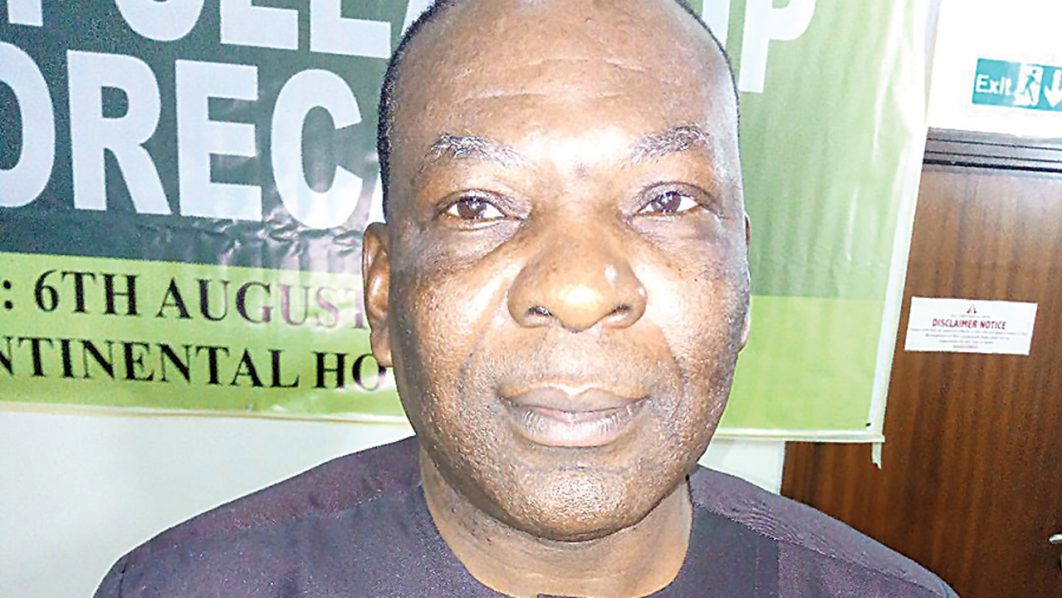
Environmental Rights Action/Friends of the Earth Nigeria (ERA/FoEN), yesterday, called on African governments and delegates to the United Nations Climate Change Conference (COP26) holding in Glasgow, Scotland, to be resolute in their demand for climate change liability and payments for carbon debts by rich countries.
ERA/FoEN, in a press statement in Benin City, noted that in recent times, rich countries showed some appreciable effort to address climate change, with a few countries such as the U.S., Germany and the United Kingdom taking the lead in renewed pledges to the United Nations Framework Convention on Climate Change (UNFCCC) fund to address mitigation and adaptation measures in developing countries.
It insisted that rich countries’ efforts, so far, have grossly fallen short of expectations and are unlikely to be on target to close the gap on limiting global temperature increase to 1.5 degrees Celsius.
Executive Director, ERA/FoEN, Dr Godwin Uyi Ojo, noted that a recent UN Environment Programme (UNEP) report warns that unless global greenhouse gas emissions fall by 7.6 per cent each year between 2020 and 2030, the world will miss the opportunity to get on track towards the 1.5°C temperature goal of the Paris Agreement.
Ojo said to secure ambitious outcome, there is the need to address lack of equity and fairness in mitigating climate change impacts.
He noted that catastrophic events due to the impact of climate change compounded by the COVID-19 pandemic have continued to buffet vulnerable countries especially in Africa.
He stated that given the rate of fiscal responsibility and allocations in addressing climate events in Europe and America and the robust response to the COVID-19 pandemic, there is an undeniable dichotomy between rich and poor countries that betray the lack of equity and fairness in addressing these issues in the developing countries.
He said: “According to the Intergovernmental Panel on Climate Change report, climate change impact will continue to be on the rise and with growing intensity, hence the need for urgency.
“Firstly, the pledge to mobilising $100 billion yearly by 2020-2025 as funds for addressing climate change actions stands at about 30 per cent and is nowhere near its mark.”
Therefore, the Earth Summit meeting of the Conference of Parties (COP26) in Glasgow should be a rallying moment for rich counties to step up their commitments and show solidarity by walking the talk and putting their money where their mouth is.”
He added: “Secondly, COP26 provides the opportunity to amplify system change and a transition from carbonised economy and fossil fuels dependence to renewable energy. Developing countries should redouble their stand to demand a fair, just, and equitable energy transition and the climate finance to address climate change. There is the need to end addiction to fossil fuels, discard the false solution of net zero, and enthrone system change in the modes of production and consumption while plugging the widening gap of social inequalities at national levels and on a global scale.
“COP26 should not be a process to reinforce energy colonialism on Africa but should liberate the continent’s energy potentials through cleaner technology and finance. Africa with low technology intake should not be taken advantage of or seen as market expansion opportunism for developed countries’ renewable energy sector.”



